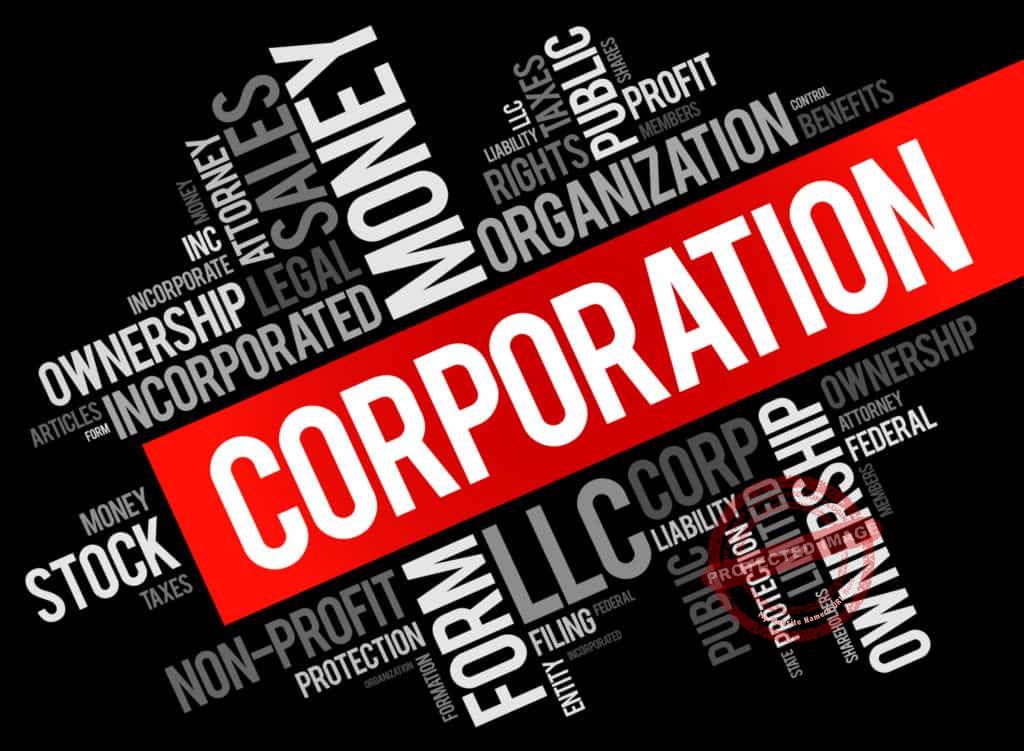

In some cases, owners, operators and shareholders may feel pressure from family members both in and outside the business to “keep it in the family.”Ĭertainly the personal factors limiting the sale of a business should be weighed individually, but we never underestimate their importance. The reasons could range from aging (or youthful for that matter) issues to personal and family goals and/or aspirations. The spectrum of family and personal reasons which may hinder someone from selling are as broad as one could possibly imagine. Milking your baby for a few more years may be what is requisite for personal financial goals and not necessarily solely based on tax, but tax can certainly play an influencing factor in the decision not to sell. Some potential reasons to hold your horses on selling might include expectations of future tax decreases (which is, at this juncture, highly unlikely) or perhaps you’re averse to simply taking a lump-sum payment with the ensuing lump-sum tax. The fact is that many business and personal financial decisions ride on what the tax structure is, what the Fed does and how the federal and local governments treat businesses like the one you operate. If tax has never dictated, altered or influenced the decisions you make in business, you’re probably a very rare outlier. If the business forecasts coming from an updated sales and marketing models pegs the business making massive gains in the next several quarters or years, it makes sense to hold-out until the valuation of the company has completely peaked. Shareholders may also hold-off due to shifts in strategy to significantly grow the business via sales, marketing or partnerships. Owner operators are consequently more incentivized to maintain ownership in hopes that doing so may provide opportunities to ride the wave to its peak.Ī big fear for many entrepreneurs and middle-market business owners is the potential that they’ll sell too early, giving the acquirer all the excess gains available in the business after the eventual industry flood arrives. Conversely, high-growth industries or those poised for significant upward swings are a bit more enticing. Long-standing, consolidated and steady-state industries can leave little room for growth. When a high probability for market improvement or growth exists, it’s often best to hang on a little longer. How are your margins? Is there a squeeze or do cash flows continue to improve thanks to industry-related cost and revenue drivers?īecause holding-out on selling your business should be partly a financial decision based on both internal and external factors, it is important to obtain the 30K-foot view of your market, its trends and how things may play-out in both the short and long-term.


As the saying goes, “discretion is the better part of valor.” Oftentimes holding out, waiting or altogether backing down is the best of all strategies when it comes time to sell the farm. But we’re also deeply interested in the mutual success of both ourselves and our clients. We’re big advocates of selling your business.


 0 kommentar(er)
0 kommentar(er)
